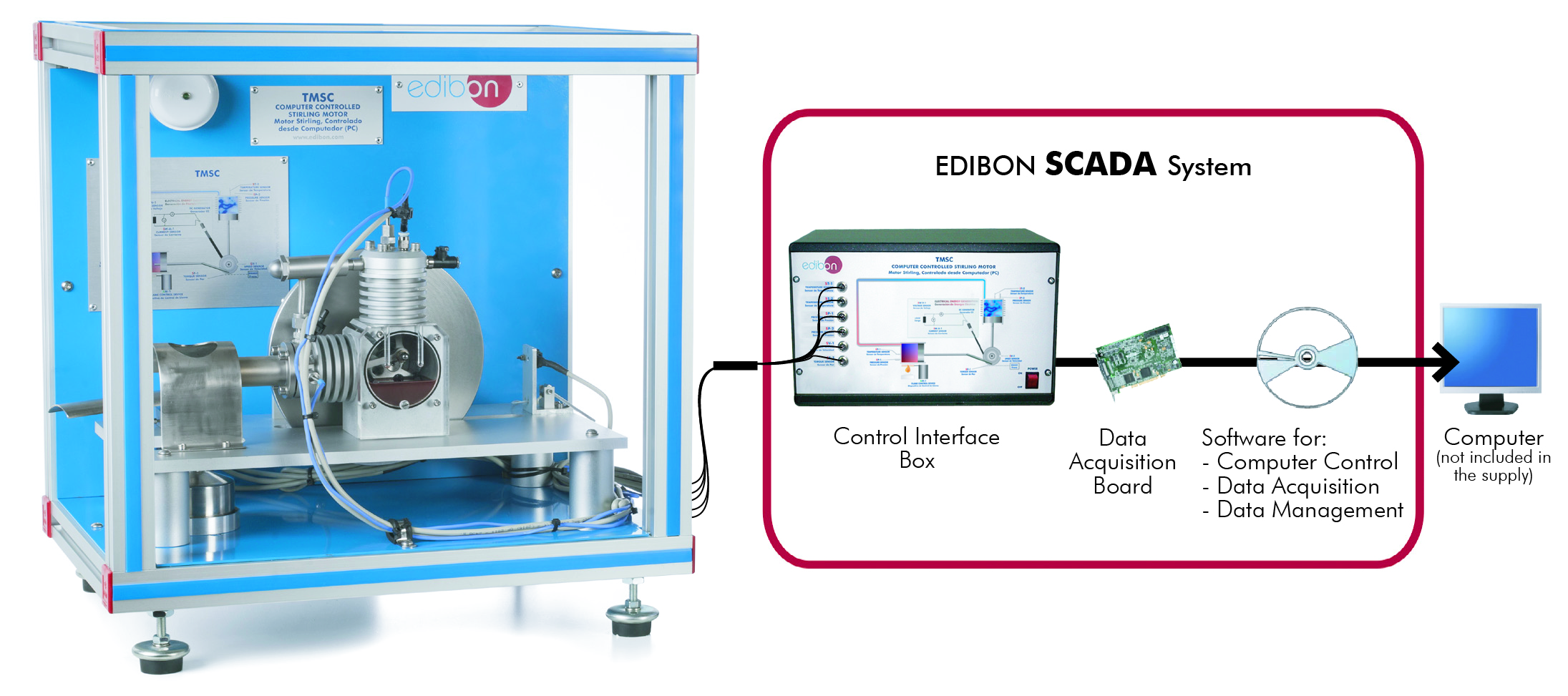What is SCADA?
SCADA stands for Supervisory, Control and Data Acquisition. As used in the industry today, SCADA is the system that allows to control and acquire data, carry out measurements, and supervise processes in real time through computer embedded applications.
There are multiple advantages that SCADA provides to teaching and research, making the researcher´s work easier and offering great flexibility and multiple options for studying and learning such as the possibility of developing tests, or autonomously managing each aspect involved in any activity.
SCADA advantages in Education & Research:
- To help STUDENTS:
Quick understanding.
Clear Concepts
Saving time.
Extending the laboratory to the student´s home.
- To help TEACHERS:
Easy teaching.
Increasing the teaching efficiency.
Reducing teaching costs (less time consume).
Integrating classroom and laboratory in the same place.
- To help RESEARCHERS:
Control of process variables.
Supervision and identification of anomalies.
Efficient experiments
Increased number of tools (Data analysis, experiment’s control, recording procedures, etc).

SCADA in the Industry:
The SCADA architecture is widely used in numerous industrial sectors and is of vital importance for the supervision and control of both plants and processes.
Representative Sectors that use :
- The Energy Industry: electrical energy production, transportation, and distribution.
- The Petro-Chemical Industry for gas and oil: distribution networks, natural gas distribution and pipeline control.
- The Environment Industry: water treatment and purification processes
- The Manufacturing Industry: transformation of raw material and production of consumer goods.
EDIBON is the only company in the world that has offered SCADA for thousands of Teaching Units for 30 years.
To know more about our top technology check our website www.edibon.com.
Article Submitted by:
Susana Cordero
EDIBON
Spain
